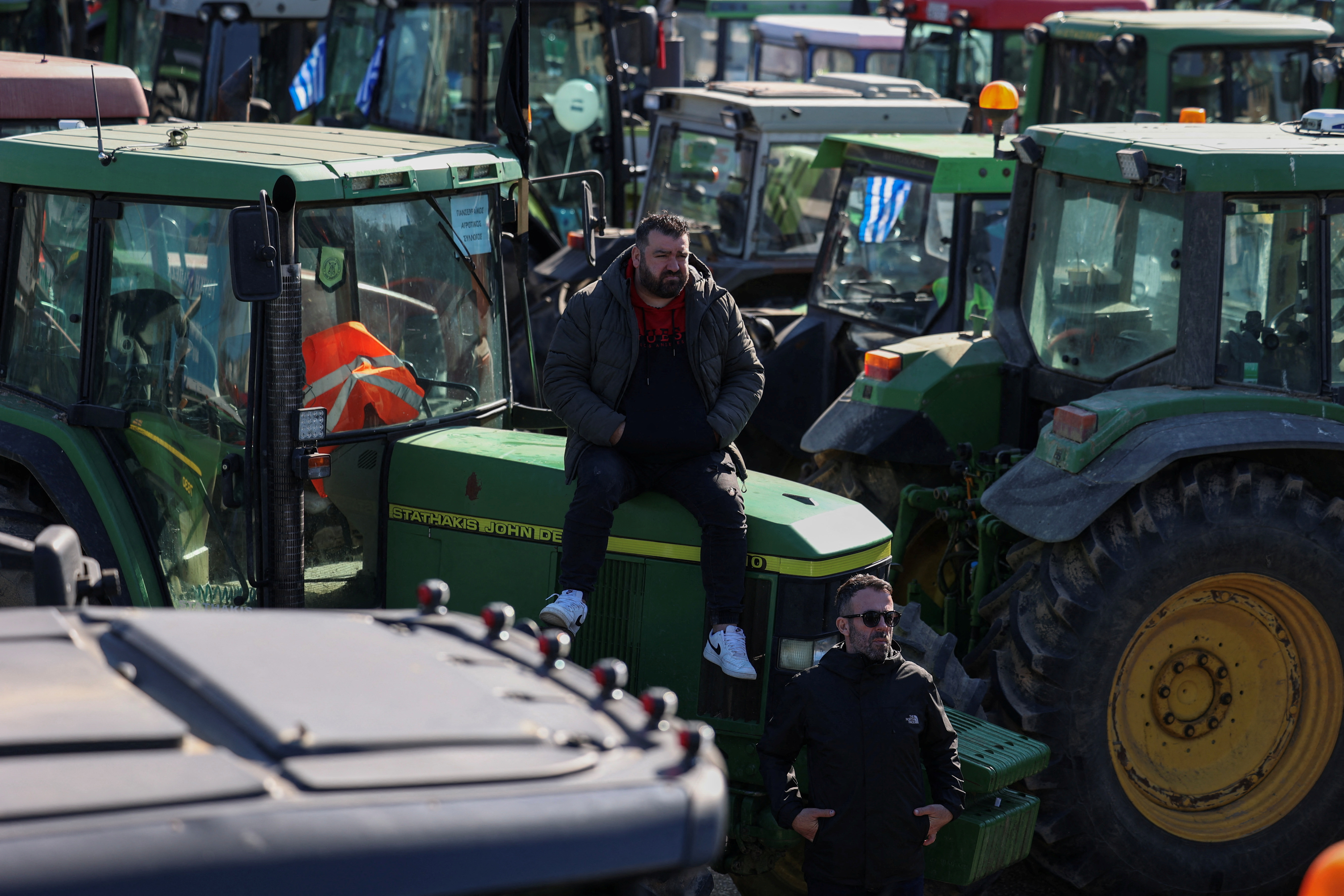Cyprus cannot circumvent directives enacted by the EU’s common agricultural policy (CAP) for farming but the state can far better support local farmers through the green transition, the head of farmer’s union Pek said on Monday.
“The core of the problem lies in Brussels,” Christos Papapetrou said, and it is much more far-reaching than the general public realises.
Farmers in Paphos on Sunday staged a tractor protest in solidarity with farmers on the European mainland, stating that food producers in the district were on the brink of extinction.
“We are asking for the state to adjust some directives to the reality on the ground [in Cyprus],” Papapetrou said.
The matter is not simply one of demanding increased subsidies, which is hard to do, Papapetrou said.
While the cost of food production is soaring, EU subsidies are locked in and cannot be increased, Papapetrou said, while there has even been a reduction in immediate pay-outs.
Nonetheless, the EU green deal simultaneously continues to raise the cost of production for farmers, Papapetrou pointed out.
And, meanwhile, the EU is making favourable agreements with third countries for imports of cheaper plant as well as animal products, the union head said.
The net effect of all this is that heightened costs, borne by European farmers, drive up the prices of food produced locally and deter consumers from purchasing local products.
Moreover, this vacuum is ready to be filled by multi-national cooperations pushing cheaper, mass produced, genetically modified and lab produced foods, Papapetrou argued.
“Many things need to change in the Cyprus agriculture scene,” he conceded, but under current policy, the direction for local farming, foretells the ruination of any remaining self-sufficiency in the island’s food production.
In exchange, consumers will be sold cheaper products (which may or may not even fulfill EU green criteria) from places such as South America, where labour costs are lower, or even brought in through the Green Line, Papapetrou said.
The EU deal was agreed to during a time when realities were different and events that have occurred since its inception now make it an irrational and incompatible policy, in terms of protecting both farmers and consumers, Papapetrou charged.
The object of the green deal was ostensibly to protect safety and quality for EU consumers, and this is not happening, nor can it be achieved in the long run through the policies currently in effect, the farmers’ union head concluded.
The farmers are set to stage another protest on Thursday with all the district reps gathering in Nicosia, except for Paphos where farmers will protest in that district.
Calling on the public to stand in solidarity with farmers, Papapetrou said, “This is a huge matter and it is about protecting our home and our children’s futures.”







Click here to change your cookie preferences